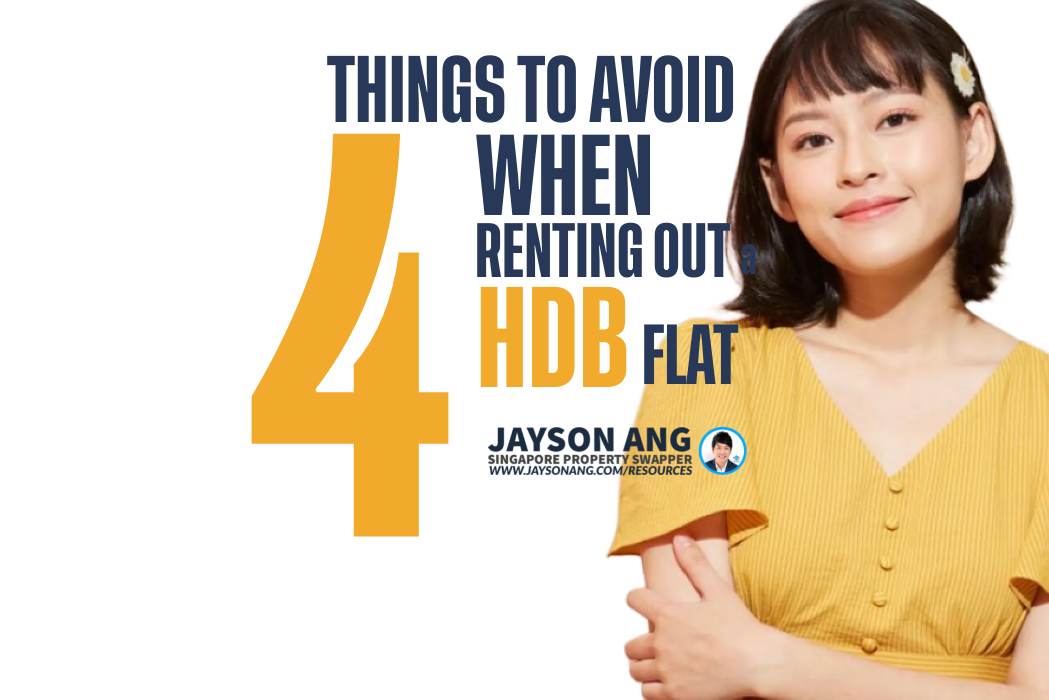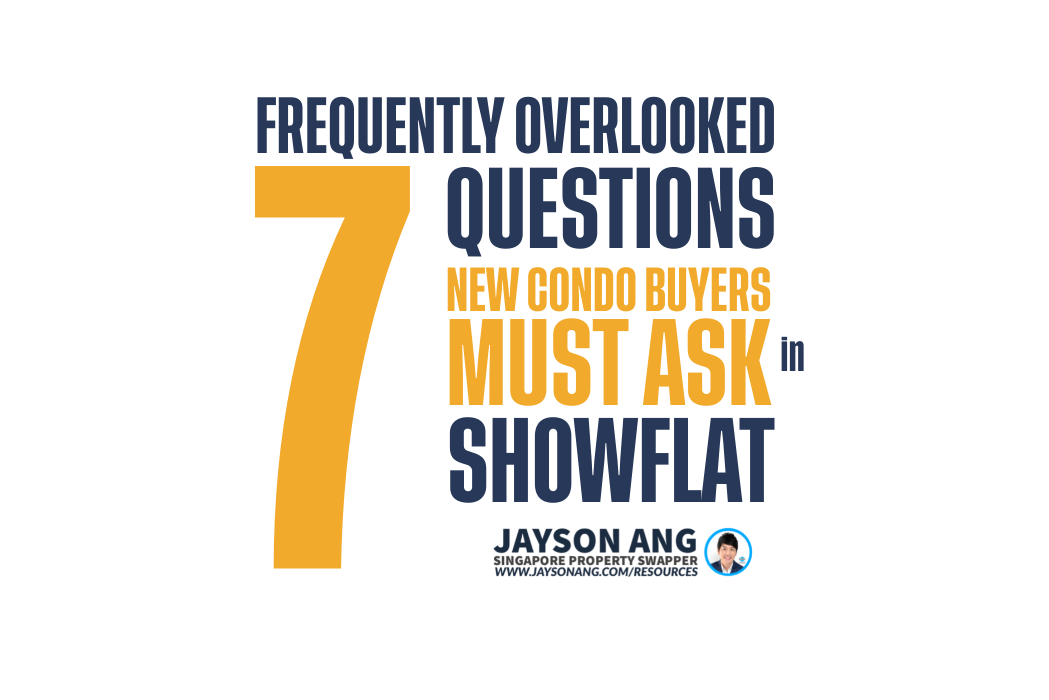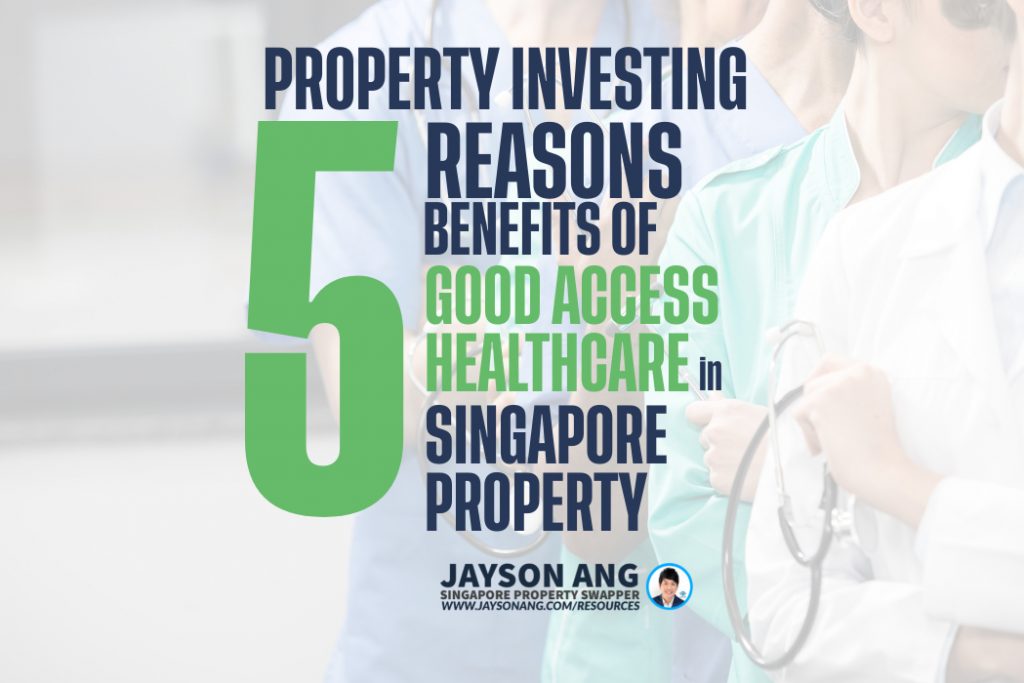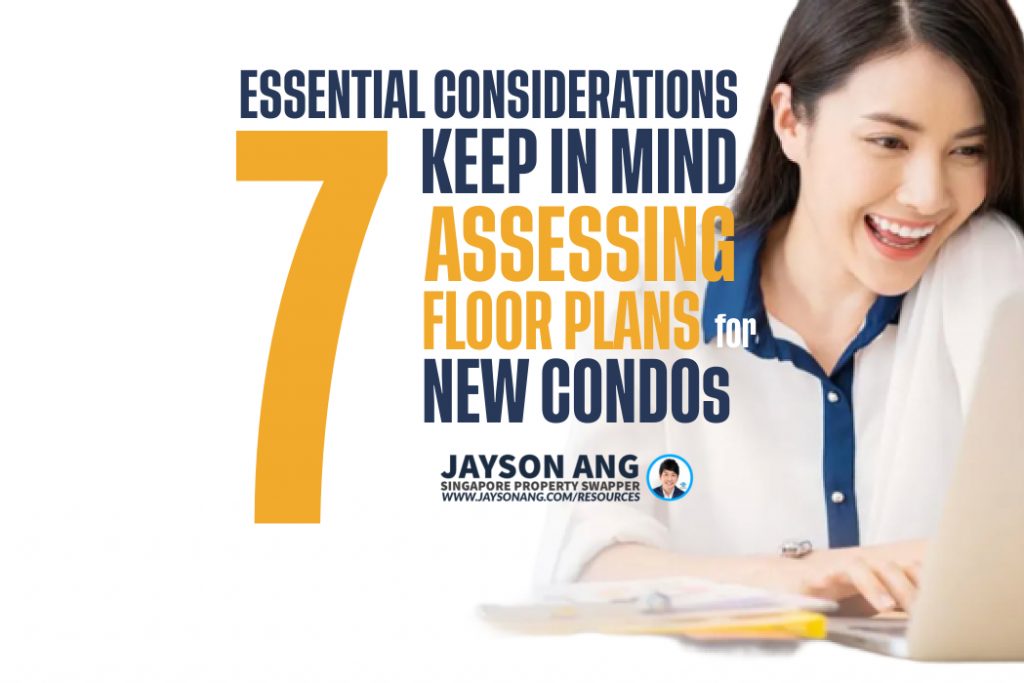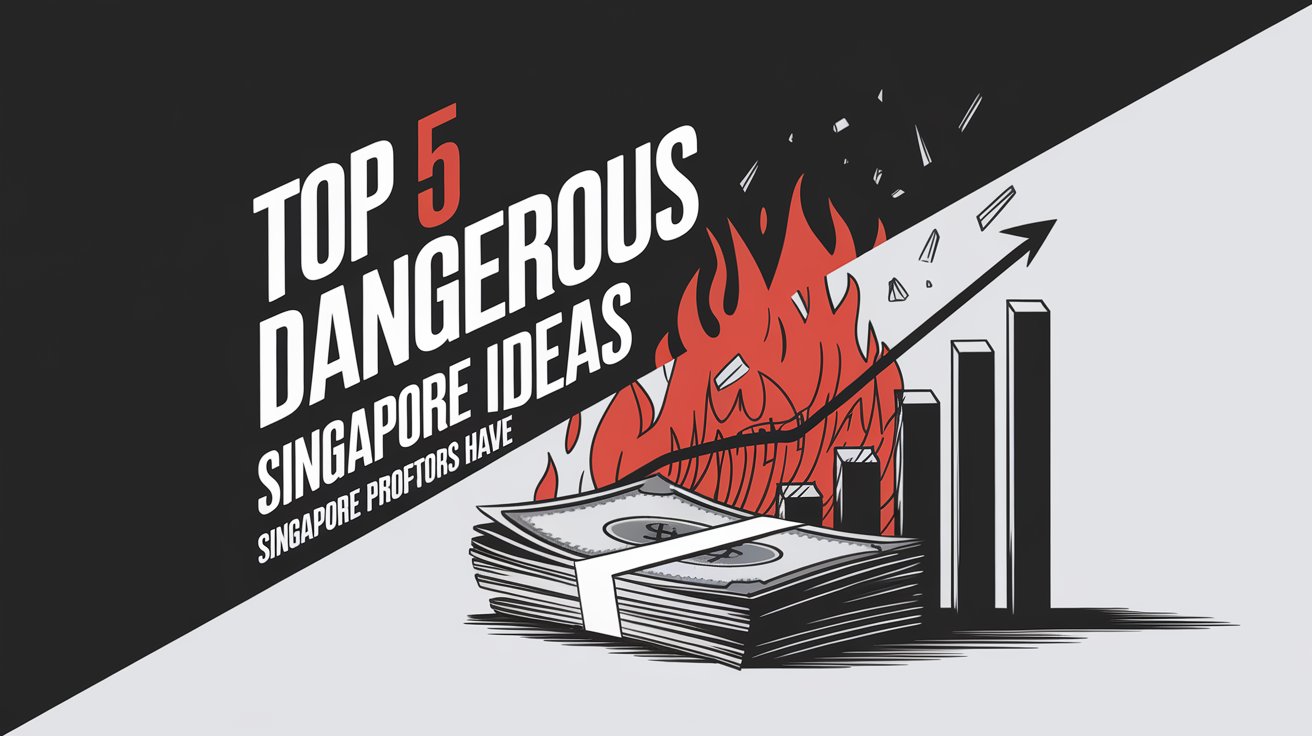TLDR
Best practices for first-time homebuyers, the key points include setting clear and detailed goals, planning a realistic housing budget, keeping a savings buffer, researching property prices, carefully considering bank loan packages, and knowing when to seek advice. These practices aim to guide new buyers in making informed decisions, avoiding common mistakes, and securing their financial future in the property market.
As a first-time homebuyer, it can be difficult to know what to do with so much information online about the mistakes of other newbies in the property market.
Instead of focusing on the don’ts and negative examples, let’s take a positive approach and look at the best practices you should apply as you plan for your first property purchase, whether it be an HDB flat or private property.
Here are a few tips to get you started!
1. Set Clear, Detailed Goals
Simply saying “I want to buy a house” is not enough – not when it comes to achieving your dreams.
Turning a dream into reality requires setting a detailed goal – and an example of this is “I want to buy a BTO 4-room flat within three years with a maximum budget of $400,000, and pay off my home loan within 25 years.”
If you and your partner are looking to purchase a home, setting clear and realistic goals that are measurable, achievable and have a set timeline is essential for staying on track.
It is especially important for couples to be aligned with their financial objectives, as this will prevent any disagreement in the future.
2. Plan a Realistic Housing Budget
Many individuals strive to plan a budget for themselves; assessing their current financial position and anticipating future income, they estimate the cost of a home and its mortgage, as well as what they can realistically allocate each month. To get the most accurate results, some people even take advantage of our handy affordability calculator.
Buying a home is more than simply calculating property values, obtaining loans, and selecting mortgage rates – it’s also considering those extra expenses such as minor fees and the hefty stamp duty charges that tend to be overlooked by house hunters.
When it comes to budgeting for a new home, don’t forget to factor in the costs associated with making it a comfortable, livable space! Consider renovation costs, monthly utility bills, installation charges, insurance, Town Council or condo maintenance fees, and more – these are recurring costs that can add up quickly over time.
Think smartly when budgeting for a new home – even if it means opting for a smaller or less extravagant option – in order to factor in all associated costs.
You can adopt the 3-3-5 rule to manage your finances wisely until the purchase.
To start off, set aside 30% of the price of your desired property.
Additionally, make sure that the monthly mortgage is not more than a third of your monthly salary, and the property should not be over five times your yearly salary.
3. Keep a Savings Buffer
Many first-time homebuyers may be tempted to put all their money into their downpayment. However, it is important to remember to keep a cushion of savings, both prior to and following the purchase of a property. This savings reserve can be used to pay for various fees, costs and even unexpected emergencies – all helping to keep your finances secure and sound.
Putting away a portion of your earnings for a rainy day is always a sensible decision! Creating an emergency reserve with at least six months’ worth of expenses for your home, mortgage and other debts after purchase can provide a safety net should your income take a hit, like having your pay slashed or even losing your job.
4. Do Your Research on Property Prices
If you’re in the market for a resale flat instead of a BTO, it pays to do your homework and find out what constitutes a fair price in the area.
With the HDB resale market hotter than ever and prices at an all-time high, the temptation may be to throw caution to the wind and bid higher than necessary to secure your dream unit.
Yet with the valuation versus offer price of a flat differing by possibly five or six digits, it’s essential to have a good idea of the flat’s worth; otherwise, you could end up paying a huge Cash Over Valuation (COV) sum.
Before committing to a purchase, double-check the most recent HDB resale transaction prices to confirm that you truly can’t find a better deal in the area.
5. Carefully Consider Bank Loan Packages
Start your search early and arm yourself with knowledge on various loan offerings.
Compare the mortgage packages available from major banks in Singapore with a home loan comparison tool, and narrow down the best options that fit your profile and goals.
Don’t be tempted to settle for the first one that looks okay – take the time to truly explore your options and find the right loan for you!
6. Know When to Seek Advice
As a new home buyer, there are likely many details that you don’t know since you haven’t had time to do your research yet.
Rather than blindly making decisions without proper understanding, it’s best to consult those who have experience – otherwise, you may fail to notice the telltale signs that could create major difficulties in the future.
If you’re uncertain which home loan is right for you, our mortgage experts are here to provide unbiased, personalised advice – at no cost!
From a simple consultation to comprehensive guidance through the home loan financing process, they’ll be delighted to help.
Final Thoughts
- Carry out an in-depth financial analysis to guarantee you are making wise decisions for the near future and can confidently stand behind your decisions.
- Also take your timeline and family wishes into account, plan ahead and provide your family with a sense of security so that you can proceed with peace of mind.
If you’re curious about the prospect of relocating to private property and would like expert advice, I’m just a message away!
You May Also Like …


